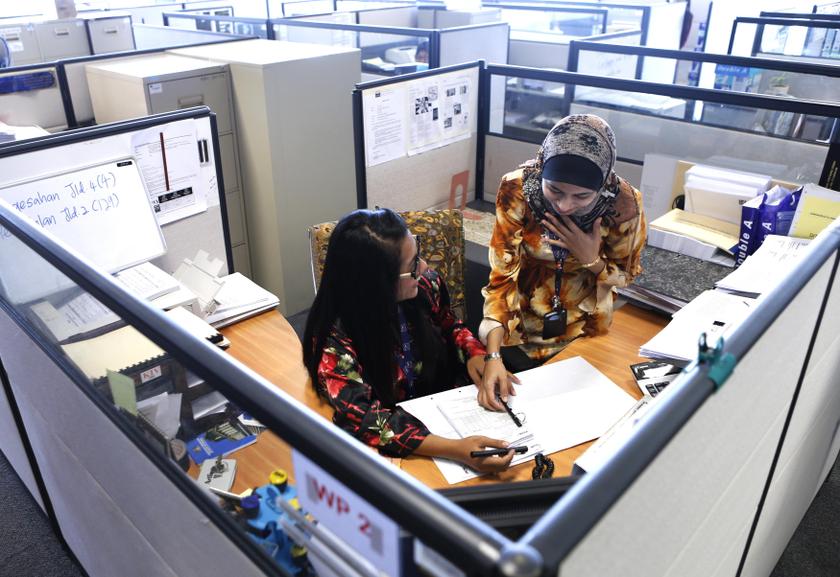KUALA LUMPUR, March 8 — Suhakam chairman Tan Sri Razali Ismail today said that although there have been many advances to promote women’s rights, widespread discrimination against them continues to happen in the country.
“According to the Department of Statistics, only 54.7 per cent of women participate in the workforce compared to 80.1 per cent of men, yet approximately half of all professional and technical workers are women.
“When it comes to management and senior roles, only 22.2 per cent of these positions are occupied by women,” he said in a statement today in conjunction with International Women’s Day.
Razali said on top of that only 23.2 per cent of women are appointed Board of Directors among the top 100 largest companies on Bursa Malaysia, coupled with a mere 13.9 per cent of Parliamentary seats occupied by women.
“These figures is not including the number of girls who are unable to participate in the workforce or in public office due to early marriage which impacts their ability to complete their education.
“Not from their ability to perform, but from the cultural and historical burdens of their gender, women cannot be expected to live their lives to the fullest and to contribute positively to the country,” Razali said.
Hence, Razali stressed that it was important for these barriers to be systematically addressed by the government.
Having ratified the Convention on the Elimination of All Forms of Discrimination Against Women (CEDAW), Razali said that it has taken Malaysia 24 years to start enacting laws that formally recognises gender equality and criminalise sexual harassment.
“The Bills on these two laws are finally in the drafting process, through the Ministry of Women, Family and Community Development. This is a positive step, but the Committee on CEDAW, Suhakam and other women’s rights groups urges the government to expedite the enactment of these laws.
“Suhakam also calls for both these laws to cover the protection of women and girls in marginalised and vulnerable groups, which include the indigenous community, refugees, migrant workers and victims of human trafficking.
“Women must motivate change and inspire interest among the young, not only in the completion of education and inculcating the spirit of competitiveness, but also in changing existing historical trajectories,” he said.
Razali added that Suhakam is sure on their stance of raising the age of marriage to 18 without exception as it will guarantee that all girls can focus on their education and can be financially independent, upwardly mobile and fully empowered.
*A previous version of this story contained errors which have since been corrected.



















